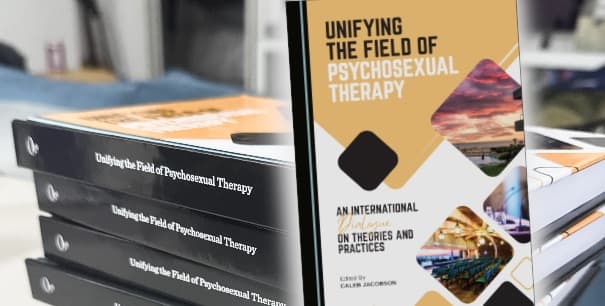The art of non-verbal communication
Most neurotypicals take for granted their ability to make a connection across the room before words are said: eye contact, a smile, head nod, open body language. Some autistics may find showing or reading emotions through facial expressions difficult, if not impossible. Some cannot follow voice inflection and others may stand stiffly with little expression through body language. Others may sway gently back and forth as they interact. A stereotypical autistic trait is an inability to sustain eye contact.
In our society, these non-verbal communication methods can be as important as— if not more so than— words. You may find one of your first tasks with a mixed couple is to help them create and read facial expressions, make eye contact and then drop it, and beginnings of how to speak body language. These skills are part of the art of nonverbal communication, and can help them interact with non-autistic partner, and begin to understand the subtly nuanced communication many neurotypicals employ.







